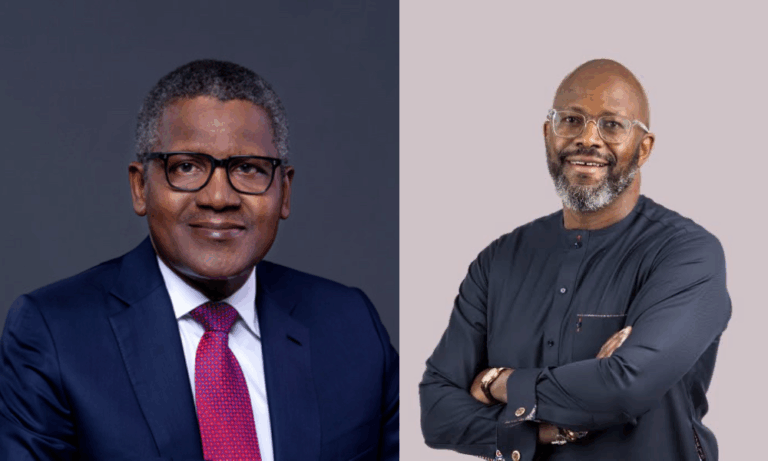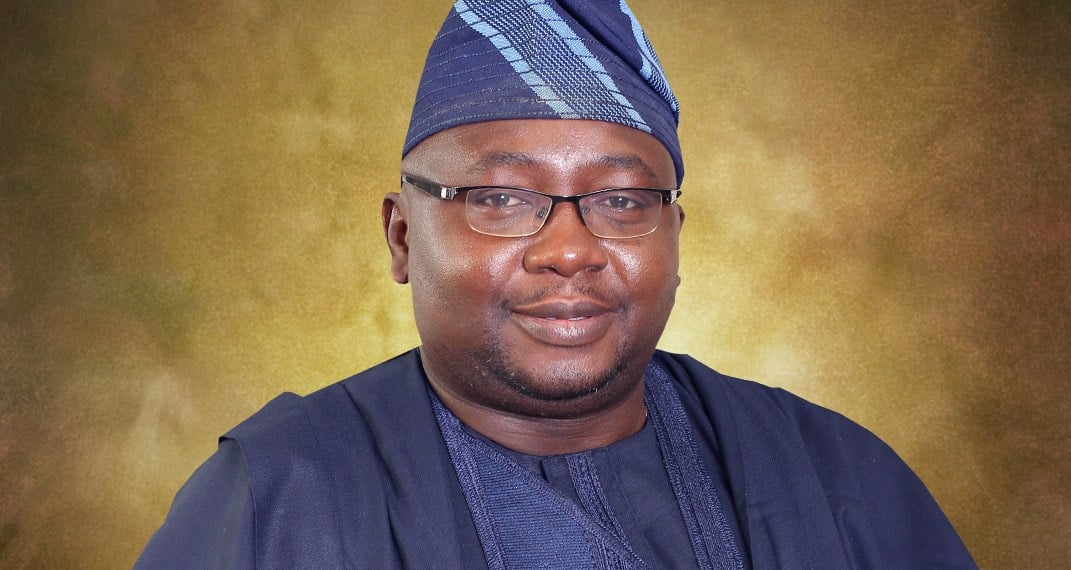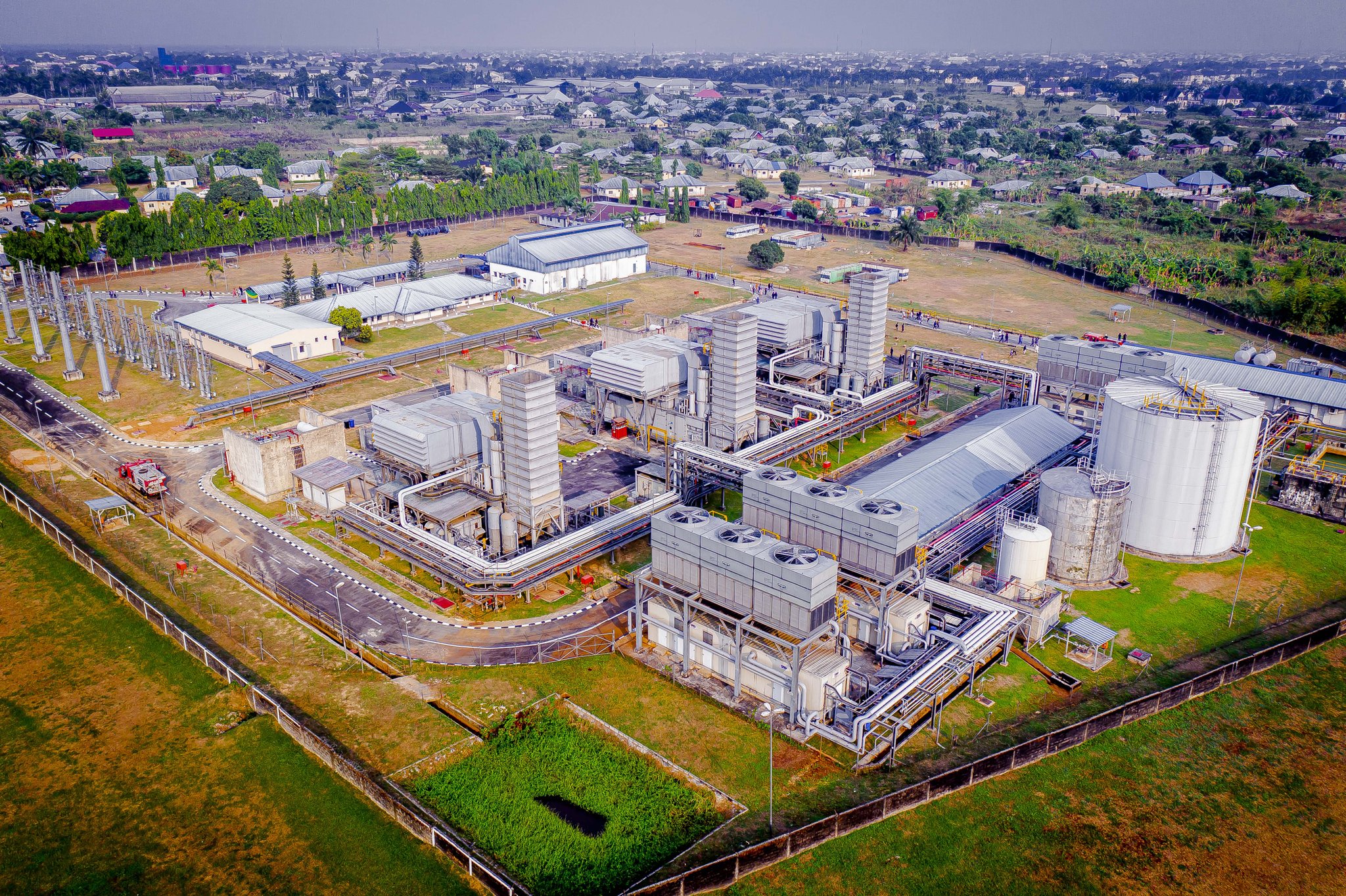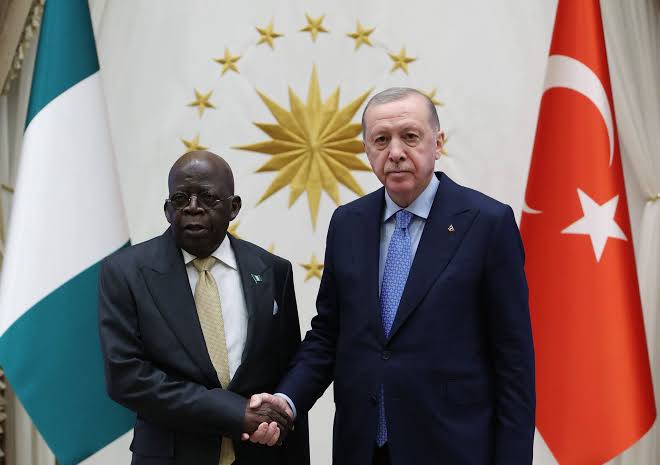By Melvin Onwubuke
Petrol subsidy in Nigeria has reportedly returned and now higher than before President Bola Tinubu stopped the costly practice during his inaugural speech last May.
According to BusinessDay analysis, it is revealed that Nigeria now pay N907.5b in subsidizing the Premium Motor Spirit, also known as Petrol monthly, as dollar crises pushed the actual cost of liter of fuel to N1,203.
A week prior to the presidential election that brought in President Tinubu’s administration, the Group CEO of the Nigeria National Petroleum Corporation Limited, Mele Kyari, at the corporation’s head quarters in Abuja, said, Nigeria spends N400bn monthly on Petrol Subsidy.
There has been a significant surge in the landing cost of petrol, of course attributed to the dollar-naira crises.
It also revealed that the landing cost of petrol has increased to N1,009 per liter, at prevailing black market rate of N1,500 per dollar, showing a sharp increase from N720 per liter as at October, 2023.
NNPCL has remained the sole importer of petroleum products, despite the Petroleum Industrial Act 2021, which has paved way for licensed, private oil marketers to import petrol into the country.
However, it is been very difficult for many of the private oil marketers, accessing the foreign exchange required for the importation.
According to the country manager of TradeGrid, Jide Pratt, “Marketers need access to forex to import the refined products into the country to change the situation.
“It will be beneficial for all parties if the NNPCL stops being the sole importer of petrol in Nigeria” he added.
In his calculation, PMS Eurobob delivered to West Africa, was $867.60 per ton. There are 1000 liters in every ton, which brings the landing cost of petrol per liter in Nigeria to $0.87.
This means, “With an exchange rate of N1,555 to a dollar, the retail price should be estimated at $1,098 per liter” he pointed out.









